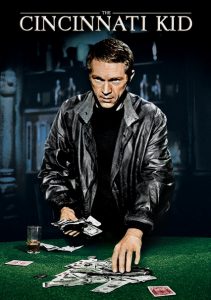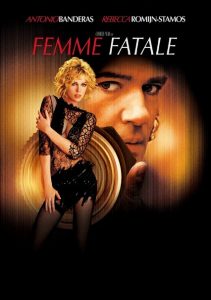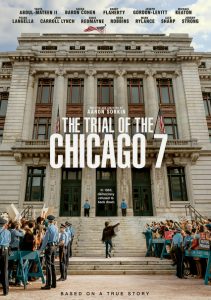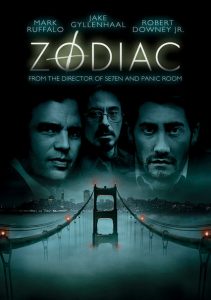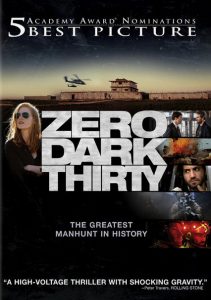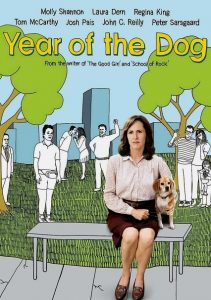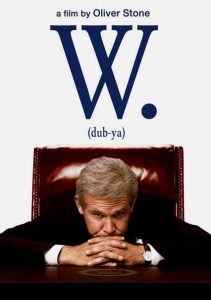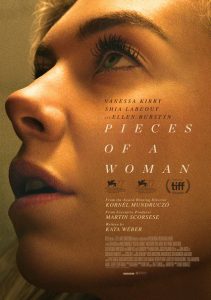The Cincinnati Kid-1965
Director Norman Jewison
Starring Steve McQueen, Karl Malden
Scott’s Review #1,138
Reviewed April 29, 2021
Grade: B
I suppose anyone who is really into poker playing or similar casino games might be partial to The Cincinnati Kid (1965) especially if they are a die-hard Steve McQueen fan.
But for those with no interest in the ‘sport’ and who think that McQueen is a royal douche who received a modicum of film success the film is a marginally decent effort.
For those who don’t know, Steve McQueen, the actor and not the British filmmaker, was nicknamed the “King of Cool” and played the anti-hero in most of his films.
His heyday was the mid-1960s through the early 1970s and he garnered success for playing the same role over and over again. He was notorious for insisting his hair was just perfect and for being selfish and a royal prick.
He died of cancer in 1980.
An earlier film of his, The Cincinnati Kid (1965) is set in Depression-era New Orleans, though it’s almost impossible to determine it’s not the 1960s since the film has a severe 1960s look.
Eric Stoner (Steve McQueen) is a cocky poker player nicknamed the Cincinnati Kid who challenges longtime champ Lancey “The Man” Howard (Edward G. Robinson) to a showdown at the table, where a war of persistence and luck ensues.
To add energy, Rip Torn is cast as Slade, a villainous man who seeks revenge against Howard and tries to help Stoner best him.
In addition to the inevitable final poker game, Stoner is immersed in a romance with good girl Christian Rudd (Tuesday Weld) as he tries unsuccessfully to fend off the seductive advances of his best friend Shooter’s (Karl Malden) girlfriend (Ann-Margret) who is also a close friend of Christian.
Romance and double-dealing are in the air in this film.
The main draw is McQueen because he is charismatic and carries the by-the-numbers film. The story point appears to be a battle between youth (Stoner) and seasoned wisdom (Howard) but other than the fantastic finale involving (what else!) a tense game of cards I didn’t find the main story experience all too interesting.
There are other impressive aspects, however, such as the trimmings.
How the actors handle the playing cards, speak the game terminology, and smoke a fat cigar is realistic and adds some good authenticity to the film. The New Orleans flavor provides some culture and many black actors appear in small roles that at least provide some representation of the real southern city.
Despite the talented cast only McQueen shines.
Weld and Ann-Margret are extremely one-note characters and opposites (good girl and bad girl) with little development. Malden is the moral compass of the film but otherwise has little importance to do.
Interestingly, Norman Jewison replaced original director Sam Peckinpah shortly after filming began. He described The Cincinnati Kid as his “ugly duckling” film that enabled him to transition from the light films he had previously been making and take on more serious films and subjects.
Cinema lovers know that he directed the 1971 masterpiece Fiddler on the Roof, a completely different film altogether.
I wonder if Jewison’s heart was in this film or if he simply did the best he could with a subject that was not close to his heart.
I also wonder, knowing Peckinpah’s brilliant work, if he would have made The Cincinnati Kid darker and more violent.
One scene that turns my stomach is a gruesome and violent cock-fighting scene. Any sort of animal cruelty makes my blood boil so I turned my head and refused to watch the scene or the group of merrymakers sitting around cheering the bloodbath.
For poker lovers or fans of Steve McQueen The Cincinnati Kid (1965) is an enjoyable watch and not bad either for the casual fan.
Though I have not seen it my understanding is that The Hustler (1961) is a similar-themed and better-made film.
